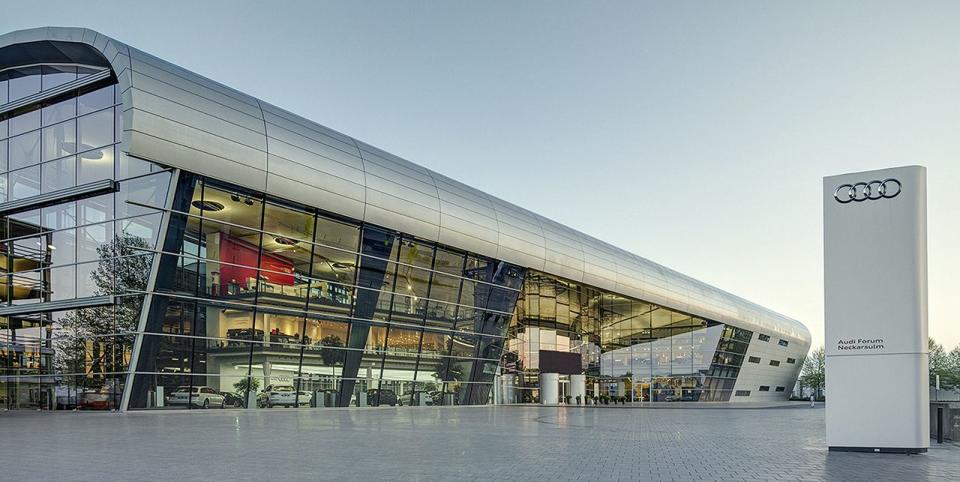It Takes Two: Hyundai and Audi Pair Up for Hydrogen Project

The transition from traditional internal-combustion vehicles to cars and SUVs powered by alternative-energy methods is anything but simple. As manufacturers slog through the complexities, difficulties, and expense of developing these new systems, it’s becoming clear that even the biggest manufacturers can’t go it alone. The most recent pairing sees Audi AG and Hyundai Motor Group partnering up to work on fuel-cell technology in a multiyear agreement of undisclosed duration.
Each of the companies has been working on fuel-cell vehicles on its own for some time. Hyundai is one of few automakers to have produced a tangible, buyable fuel-cell SUV with the Tucson. More recently, the company built on the idea with the all-new Nexo, which has a claimed 370-mile range and will be sold in the United States only in California. Audi’s experience has so far been limited to concepts. It showed the A7 h-tron concept at the Los Angeles auto show in 2014 and featured a similar powertrain in 2016 in the Q6 h-tron Quattro concept.
In making the announcement, Hyundai Motor Company vice chairman Euisun Chung called hydrogen the “fastest way to a truly zero-emission world.” For its part, Audi says it is currently working on its sixth generation of fuel-cell technology since first beginning nearly 20 years ago and hopes to introduce a small-series production fuel-cell SUV “at the beginning of next decade.”
The new agreement, which also includes affiliated companies such as Kia Motors Corporation and Volkswagen AG, allows the manufacturers to cross-license patents and access one another’s “noncompetitive” components. This includes existing patents and future patents and immediately gives Audi access to Hyundai’s Tucson and Nexo tech, as well as Hyundai’s fuel-cell-vehicle parts supply chain.
For those wondering why automakers are focusing on putting the technology into SUVs first, the answer is twofold. Not only does it make sense given current market trends, it also allows for longer driving ranges. Whereas electric vehicles gain range from more batteries (resulting in more mass), fuel-cell vehicles only need more fuel, while the fuel-cell stack remains the same. A bigger vehicle makes it easier to add more hydrogen storage capacity for a lower cost ratio, better efficiency, and longer range.
Audi h-tron Quattro Concept, the Hydrogen EV Version of the Q6
Hyundai Nexo: Full News, Reviews, Specs, Pricing, Photos, and More
Seeing two powerhouses such as Audi and Hyundai coming together to work on hydrogen-powered vehicles is interesting, but it means nothing if the infrastructure isn’t there to support the cars, an issue that has dogged hydrogen from the beginning. Perhaps this pairing can boost development of a hydrogen fueling network as well.
You Might Also Like

 Yahoo Finance
Yahoo Finance